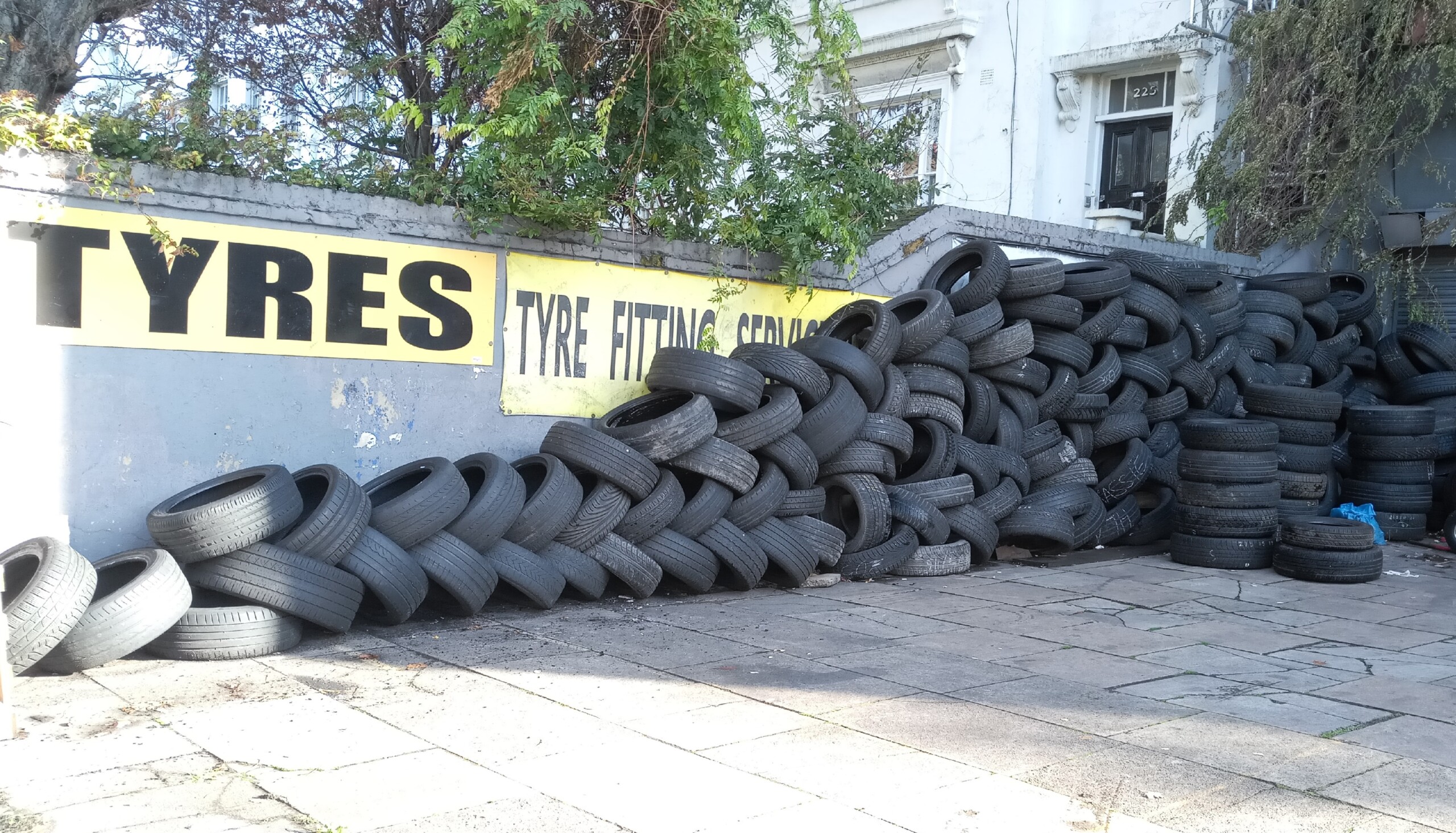
EU Tyre Labelling Regulation – Give tyre abrasion a label!
Tyres are one of the main source of micro plastics in the environment: in the EU more than 500.000 tonnes per year. Currently the EU Tyre labelling regulation is being negotiated in the trilogues.
On Wednesday, 13th of November 2019 at 19 pm, the second and most likely final trilogue will be held. Parliament, Commission and Council agree that the plastic pollution problem needs to be tackled, but the Council and conservative forces in the European Parliament push for a delay in form of a legislative proposal instead of a delegated act.
We need a quick implementation of the EU to quickly tackle this horrendous plastics flooding!
Micro plastics from Tyres
- Tyres are one of the main source of micro plastics in the environment: in the EU more than 500.000 tonnes per year. https://ec.europa.eu/environment/marine/good-environmental-status/descriptor-10/pdf/microplastics_final_report_v5_full.pdf
- Tyres consist not only of rubber but also of a blend of different materials and chemicals, which can also include endocrine disruptors, carcinogens and mutagens. Due to abrasion, these materials are distributed in the nature and water cycles and could cause health threats.
- Currently, the EU Tyre Labelling Regulation requires tyre manufacturers to declare fuel efficiency, wet grip rating and external rolling noise performance.
- In the context of amending the Regulation, abrasion of tyres (micro plastics) shall be added to the labelling. However, it is still open for negotiation at next week’s trilogue when and how this labelling shall be done.
Current situation before the Trilogue
- On Wednesday, 13th of November 2019 at 19 pm, the second and most likely final trilogue will be held
- This file has been carried over from the 8th legislature. Unfortunately, a majority of the previous European Parliament managed to delete the Commission’s proposal which would have enabled the EU to introduce parameters or information requirements for mileage and abrasion, provided suitable testing methods were available.
- Parliament, Commission and Council agree that the plastic pollution problem needs to be tackled, but the Council and conservative forces in the European Parliament push for a delay in form of a legislative proposal instead of a delegated act.
Why is this relevant?
- The outcome of a future “legislative proposal”, as suggested by the Council, is the longest way to get microplastics being tackled by the Regulation. According to the Commission, it would take at least one to two years more through the co-decision procedure than with the proposed delegated act. .
- At the end of the day, waiting for a review of this Regulation, this could bring several years of delay before the Commission can add information about micro plastic abrasion to the label. Maybe not before 2030, according to our own assessment.
- Each year, we will have an additional spreading of microplastics of 500 000 tonnes. That is why each single year matters!
Jutta Paulus, shadow of the Greens/EFA comments: “Because of tyre abrasion, there are annually more than 500,000 tonnes of micro plastics washed into the European environment alone. We urgently need labelling on tyre abrasion and the life span of tyres, so consumers will get the possibility of choosing environmental friendlier tyres, ultimately forcing producers to adapt. Next week, we need a quick implementation of the EU to quickly tackle this horrendous plastics flooding.”
